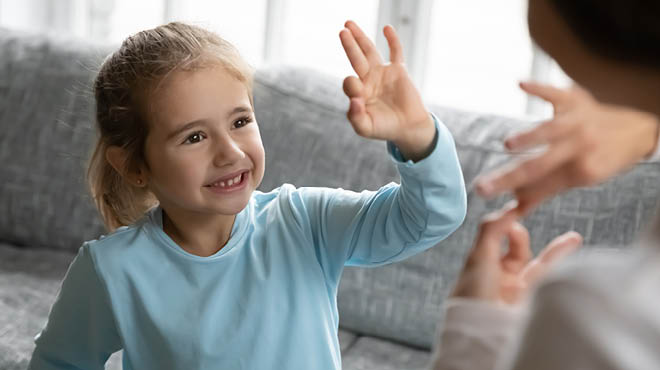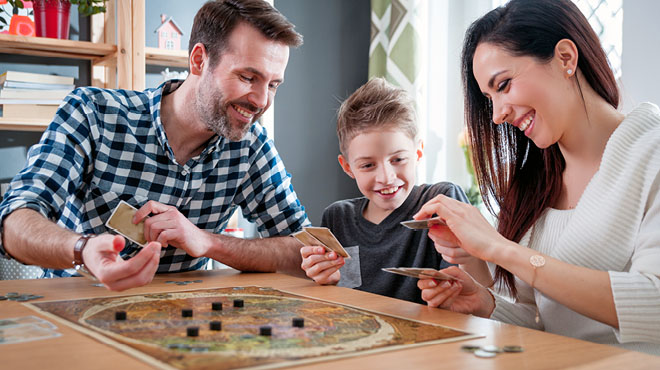Older sibs? Tips for new baby's happy homecoming

Bringing a newborn home is different the second time around. With your first baby, you're focused on how to care for this new family member. With the second, you're wondering how your older child will react to a new sibling.
The time to prepare for a homecoming that's happy for your newborn and his or her big brother or sister, is while you're pregnant.
Here are some ideas to prepare your child for a new baby's homecoming:
- Talk with your child.
Using age-appropriate words, explain how the baby is growing and when it will arrive. Also, let your child know the baby won't be a playmate for a while, and will eat, sleep and cry most of the time. Let your child know that when the baby comes, you'll be away for a little while, but someone will provide care until you get back. - Make any moves now.
If you need to move your child to another room, set up the room sooner rather than later so your child has time to adjust. Involve your child in choosing colors and arranging his or her toys and clothes. - Time toilet training.
If possible, potty train your child before the baby is born. If your child isn't ready yet, try beginning the process after your new baby has been home for a few months. - Let books and photos tell the story.
Choose age-appropriate picture books about babies, families, brothers and sisters, and look through them with your child. Go through your child's baby book, family album or pictures on your phone showing them as a baby and your own brothers and sisters. Tell the story of your child's birth and homecoming. - Encourage involvement.
Consider giving your child a baby doll he or she can care for, just like you will care for the baby. Bring your child along when you shop for baby supplies.
Once your baby arrives, smooth the homecoming by:
- Having your child come to the hospital or birth center for a short visit. While there, let someone else hold the baby so both parents can cuddle your child.
- Giving your child a gift from the baby such as a T-shirt that reads "Big Brother" or "Big Sister."
- Taking your child on a special outing to a park or to get ice cream to celebrate the baby's birth.
- Asking your older child to help care for the baby, such as bringing you a diaper.
- Making sure your older child gets plenty of attention. When photos and videos are being taken, include him or her, as well as shoot some solo.
- Keeping a few small gifts on hand to give your older child if friends or family bring gifts for the baby.
Just like you learned about your first baby, your child will need to learn about the newborn. Older children, stressed by all the changes happening around them, may take out frustrations on the baby.
Here are some tips for handling sibling frustration with the new baby:
- If your child tries to harm the baby, it's time to talk about appropriate behavior.
- Give your older child extra attention.
- Involve your child in caring for the baby, such as while you're bathing or changing the newcomer. Have your child sing or read to the baby.
- Praise your child when he or she acts lovingly toward the baby.
- Supervise your child and the baby. Don't leave your newborn alone with a sibling or other loved one younger than age 12.
If you're breastfeeding, your child may hover around to see what's going on. Explain what you're doing and answer any questions. If you breastfed your older child, say you did the same thing for him or her. Consider involving your child in the breastfeeding routine, such as getting you a pillow. Encourage him or her to cuddle with you while you nurse. Or keep your child entertained with toys, a workbook, music or audiobook.
No one plans on their newborn having a health issue. Explain to your child that the baby is sick and you're worried. If you don't say something, your child will sense something is wrong.
A new sibling will change your family in so many ways. As your older child adjusts, reassure him or her of your love. Explain that he or she has an important role to play now, too — that of big brother or big sister.
Amy Down, D.O., is a pediatrician in Cannon Falls and Red Wing, Minnesota.



